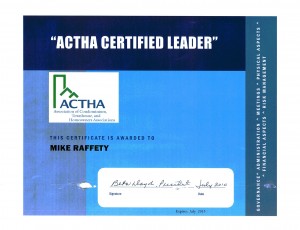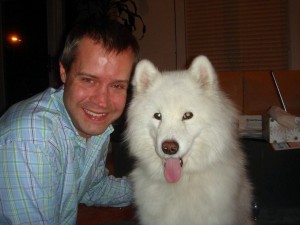 When you absolutely must get a message through to someone, how do you decide to communicate it? What if this person is a complete stranger to you up to now?
When you absolutely must get a message through to someone, how do you decide to communicate it? What if this person is a complete stranger to you up to now?
One of the important lessons I’ve learned in Toastmasters is that you have to consider the recipient’s preferred channel of communication. Just because I’m comfortable with e-mail doesn’t mean everyone I want to talk to is as connected as I am. Some people still don’t have e-mail (like my parents!), some don’t check their e-mail regularly, and some may get a legitimate message caught up in an overly-aggressive spam filter and never see it. (Though more and more, people who don’t like or use e-mail at all are becoming less common; even my parents will probably be getting e-mail later this year.)
The primary methods used in 2011 are electronic methods and phone calls. Under “electronic”, I include e-mail primarily, but also things like Facebook (status posts or private messages), LinkedIn, Twitter, blogs, on-line chat, and cell phone texting. I can’t imagine anyone relying on faxes for personal communications (the TM membership application form still included a space for a fax number until the most recent revision!), and personal letters by post are considered slow and quaint by most (though a handwritten card is often received with delight!).
So usually, the choice comes down to e-mail or phone. When you want to talk to someone specifically, consider your past encounters with that person — what method did that person use? And also consider your message; is it something sensitive, something that could be misunderstood, or something that requires a two-way discussion, where intonation may provide a critical subtext? If so, use the phone!
Is it a simple announcement or routine request? Is it someone you know well, who will understand your message, or at worst, if they misunderstand, it’s easily rectified? Then electronic is OK, and you can use e-mail, or some other form (perhaps a Facebook message is more likely to get read, or you share Skype access?).
What if you need to get a message out to a lot of people? E-mail is often the choice here, but at the risk of the recipients not really getting the message. It may be necessary to follow up with individual phone calls.
Are you asking the recipient for a favor, something that may be hard? Make it as personal a communication as possible. Face to face is best, or perhaps a phone call. E-mail to one person may be OK if you have an established relationship and trust, but a broadcast e-mail to a lot of people will likely be ignored.
For example, what if you need to find someone to be the Toastmaster of your next meeting? If it’s someone you can readily see in person (maybe you work together), then ask in person (or perhaps a videoconference?). A phone call is a decent alternative. An e-mail may work. But if you send an e-mail blast to 20 people in one message, you can likely expect no response at all (they all think someone else will do it).
The next time you need to communicate with someone, consider their preferences. It’s the best way to make sure the message gets through clearly, without misunderstanding, and to generate the desired action.




